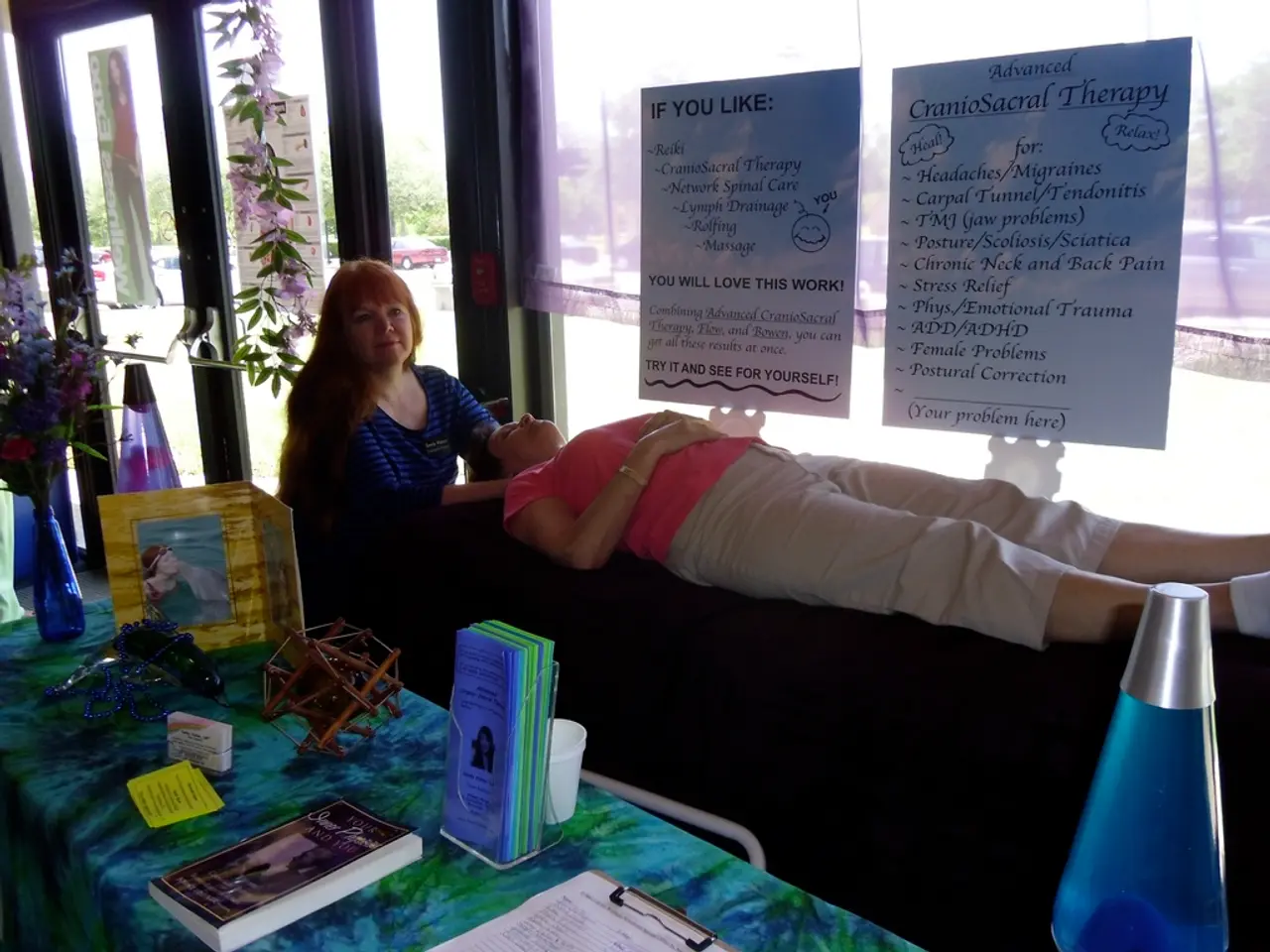Exploring Intimacy Past Fifty: Navigating Sexual Relations During Menopause
As women transition through menopause, hormonal changes can bring about shifts in sexual desire and function. This article explores effective strategies for maintaining sexual intimacy during this life stage, encompassing physical, emotional, and medical approaches tailored to individual needs.
Physical health and lifestyle adjustments play a significant role in preserving sexual well-being during menopause. Regular exercise, including weight-bearing activities and pelvic floor exercises like Kegels, can improve physical health, blood flow, and muscle tone, which can enhance libido and vaginal health. Avoiding irritants such as harsh soaps and vaginal products, quitting smoking, and limiting alcohol consumption can also contribute to a healthier sex life. Maintaining a balanced diet and good sleep are also crucial for overall well-being and energy.
Medical and therapeutic interventions can address hormonal imbalances and vaginal tissue changes. Hormone replacement therapy (HRT) or local vaginal estrogen treatments can help alleviate dryness and pain during intercourse. Testosterone therapy may be considered to boost libido, but it requires medical supervision and monitoring to avoid side effects. Using lubricants and vaginal moisturizers can improve comfort and pleasure during sex.
Emotional, psychological, and relational care are equally important. Addressing stress, anxiety, depression, or relationship issues through counseling or sex therapy can improve sexual desire and satisfaction. Open communication with partners about needs, preferences, and concerns is crucial to maintaining intimacy and satisfaction. Spending quality non-sexual time together can build emotional connection, rekindling physical closeness naturally.
Practical tips to enhance intimacy include scheduling time for intimacy like any other important activity, creating a comfortable and inviting environment, and exploring sensual activities beyond intercourse.
In summary, maintaining sexual intimacy during menopause is very possible with a holistic approach combining lifestyle changes, medical treatments, emotional support, and open communication. Every woman’s experience is unique, so personalized care working with healthcare providers and partners is key to sustaining a satisfying sexual life throughout menopause and beyond. It's important to remember that seeking help for maintaining overall health and well-being during menopause is not a sign of weakness, but a proactive step towards a fulfilling intimate life.
Using medical interventions, women can address hormonal imbalances, such as using hormone replacement therapy (HRT) or local vaginal estrogen treatments for dryness and pain during intercourse. Psychological therapies like counseling or sex therapy can help manage stress, anxiety, depression, or relationship issues that might impact sexual desire and satisfaction. Lastly, making lifestyle adjustments, like regular exercise, maintaining a balanced diet, good sleep hygiene, and avoiding irritants can contribute to overall well-being and sexual health during menopause.




